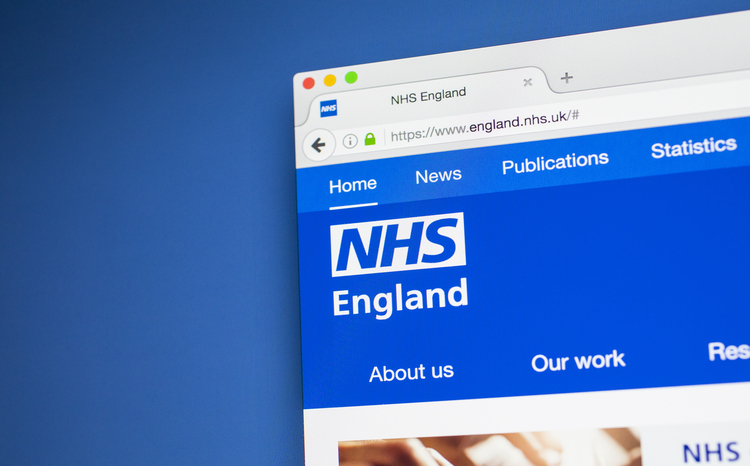Liverpool University chooses Better way to teach e-prescribing
- 29 September 2020

Liverpool John Moores University has teamed up with Better to teach nursing and pharmacy students about digital prescribing practices.
The university is set to use Better’s OPENeP electronic prescribing and medicines administration (EPMA) solution as part of student’s learning.
It’s aimed at enabling students to learn about the principles of prescribing, dispensing and administering medicines electronically, as well as exploring the patient safety aspects of the technology.
Mark Arnold, senior lecturer in adult nursing, said: “We work with paper-based prescriptions but that, increasingly, does not reflect what is used in practice.
“As more hospitals move to electronic systems, we wanted to ensure our students have access to technology that will consistently deliver a realistic training experience, and provide a robust grounding in the systems they will use as they embark on their nursing careers.”
Kate Shemilt, senior lecturer in pharmacy and biomolecular sciences, added: “Where EPMA systems are being implemented by trusts, it is important for our students to be familiar with them.
“There is also a patient safety issue, because while there is evidence that EPMA improves patient safety, it can also raise new issues. We want our students to be aware of those issues, which will be common to all e-prescribing systems.”
Lecturers will be able to build a demonstration version of Better’s EPMA, while nursing students will use the system in modules on how to administer medicines.
In the pharmacy school, the system will be used by final year students and post-graduates.
Nina Pirc, Better’s OPENeP knowledge transfer manager, said: “We have been working hard over the past few years to understand users and to help them learn about OPENeP in the simplest way possible.
“We are pleased to have established this partnership with Liverpool John Moores University to share our knowledge with their students. We believe this partnership will set an example for the kind of partnerships that can be achieved between academia and industry, to create a two-way exchange of practical insights into clinical work.”




